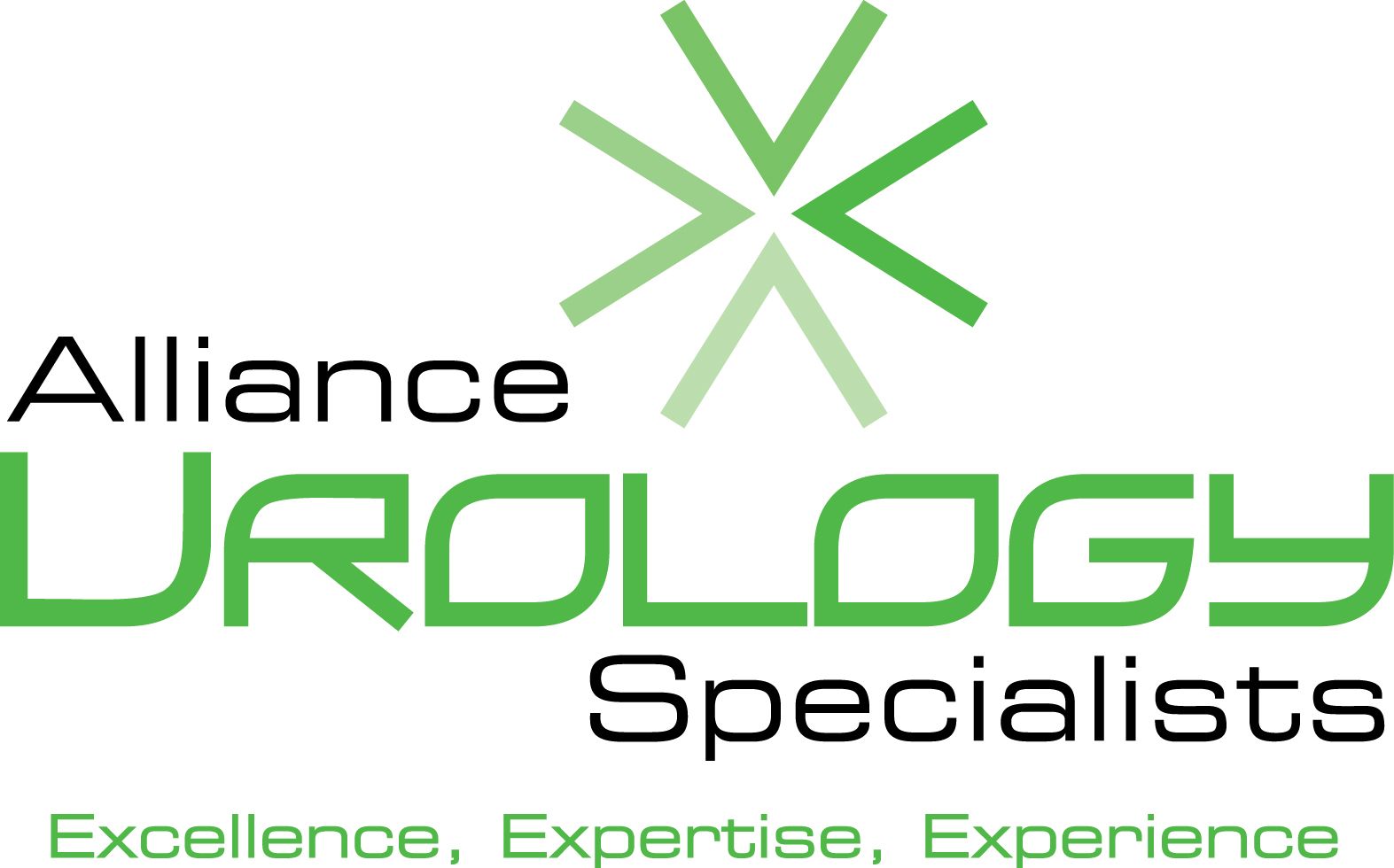
Dr. Anne Suskind on practicing gratitude

"It sounds so cheesy to just say it, but if you're really feeling grateful, you can't feel anything of a lower vibration or frequency at the same time," says Anne M. Suskind, MD, MS, FACS, FPMRS.
In this installment of “Begin Your Journey,” Anne M. Suskind, MD, MS, FACS, FPMRS, discusses gratitude with host Scott A. MacDiarmid, MD, FRCPSC. MacDiarmid is a urologist with Alliance Urology Specialists in Greensboro, North Carolina. Suskind is an associate professor of urology; obstetrics, gynecology, and reproductive services, associate chair of faculty affairs and diversity, equity, and inclusion, and chief of neurourology and female pelvic medicine and reconstructive surgery at the University of California, San Francisco.
Transcription:
Suskind: I go over different kind of portals to realigning with the joy within yourself and to combating burnout. And I think gratitude is just one of the easiest. When you really, truly feel grateful for something, there's just sort of this heart-opening quality. And I feel like it's, for me, one of the easiest access points to my heart and to align with my own passion and purpose is feeling gratitude. The tricky thing is, we all think about gratitude as, I'm grateful to this person or that person, or this situation or that situation, but feeling gratitude to ourselves, I think that that's something that a lot of us don't recognize or do. If we can just choose 1 thing or 2 things every day that we are grateful to ourselves for, even if it's just, I'm grateful for waking up today and showing up at work. No matter what it is, but really feeling into that can, I think, also be very helpful in accessing other kind of higher states that can help us with this.
MacDiarmid: I think I was always a grateful person, and it's probably protected me from facing issues with burnout, etc. The experts say it's the antidote to bitterness and resentment. But it's amazing. When you consciously think about it every day, which I do, like you're actively saying, "Scott, I'm grateful." I say it when I wake up. You're sort of framing your life through that lens of gratefulness; I guess a psychologist may say. I find it takes you off the field where the battle is going on and put you in the bleachers. It's almost like you're looking at yourself during the moment. So you're like, "I don't think the lady in the room 1 is that nice to me," or the clinic is running behind; it's my perception that I'm having a bad day. But even in the midst of that, I'm really grateful that I'm healthy enough to be here today as a physician and go home to my family; it's amazing. If you can actively think it, I tell you, it's life changing.
Suskind: It totally is. It sounds so cheesy to just say it, but if you're really feeling grateful, you can't feel anything of a lower vibration or frequency at the same time. If you're really in that feeling of gratitude, everything else melts away. And in the end, the more you can bring awareness and cultivate that feeling, the better.
MacDiarmid: Say a little bit more aligning your purpose and passion.
Suskind: Well, there's really no other way to a long, fulfilling career. I feel like when I am aligned in my purpose and passion, everything's effortless, opportunities come to me, I don't get tired. I'm just kind of going and going and enjoying, and there's a flow to it. And when I'm not aligned, everything's a struggle. Everything's hard. I do research; you're putting in grant after grant, you're not getting funded. That's not to say, abandon research, but if there's not an alignment with what you're doing, it will be a struggle. That's one of the first signs for me to take a step back and say, "Why is it hard? Why do these simple things seem hard to me? What am I not seeing or recognizing within myself?" I'd say 90% of the time, it's because I'm not really in it. It's not really like something that is aligned with really what I want to be doing. And if there's a way to shift that, it seems to go a lot more easily. We all have parts of our job that are not purpose driven, that pay the bills, that get the job done, and that's unnecessary and important. But I think that if you can tip the balance so that you're doing enough things that are truly aligned with what you feel you want to be doing, that is a great antidote to burnout. It makes the other things seem less important and you focus on them less.
This transcription was edited for clarity.
Newsletter
Stay current with the latest urology news and practice-changing insights — sign up now for the essential updates every urologist needs.






